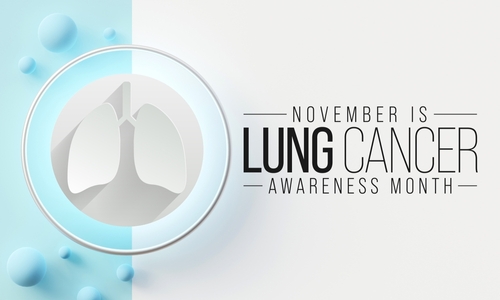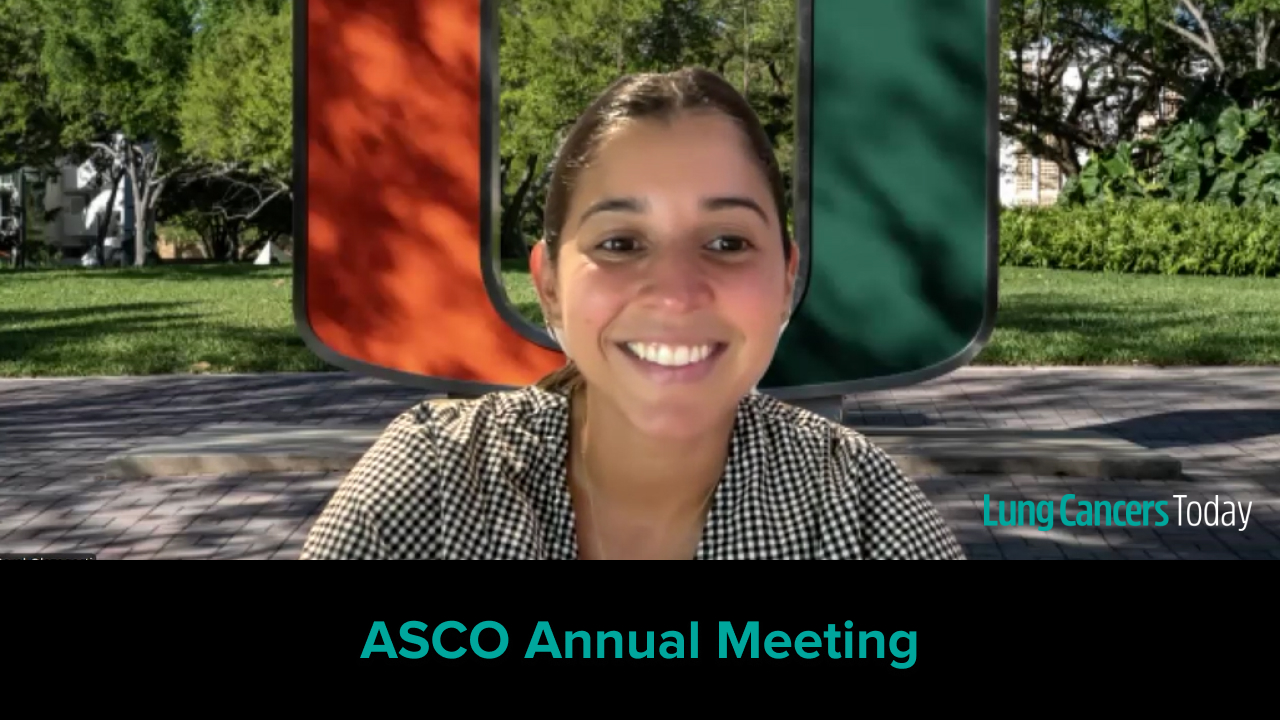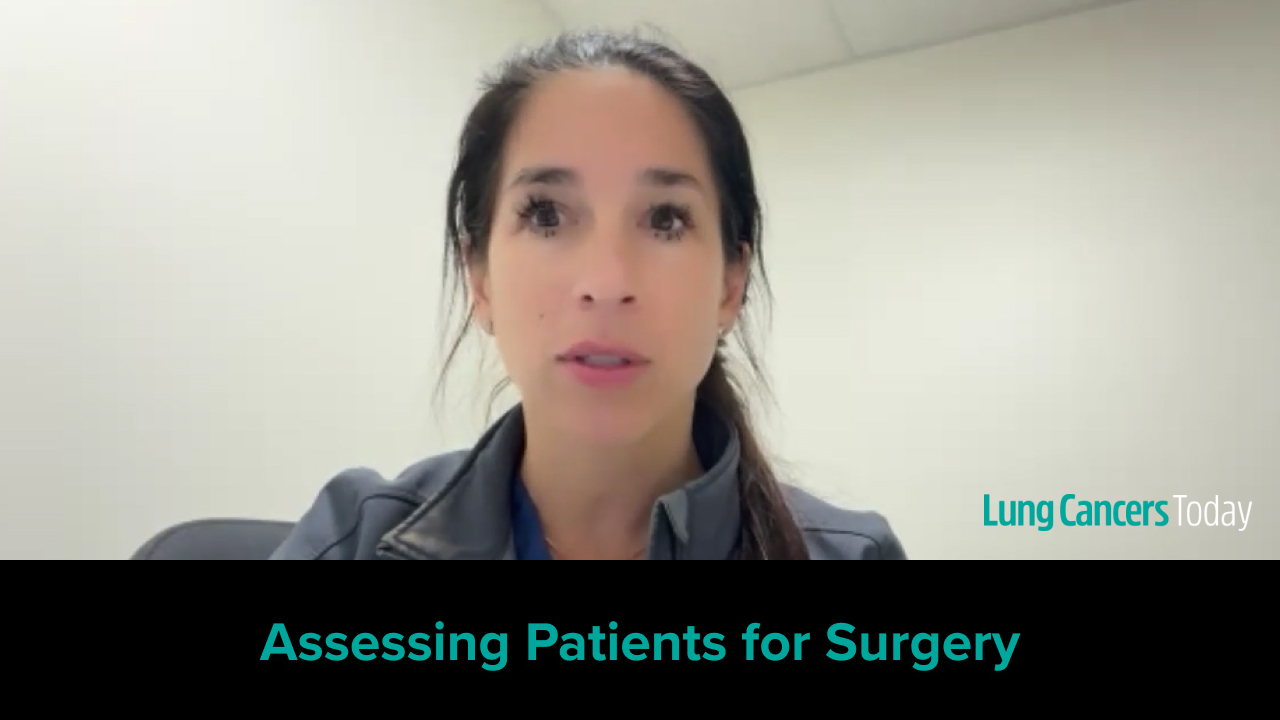
The American Cancer Society (ASC) has released an updated version of its lung cancer screening guideline for all individuals aged 50 to 80 years who smoke or previously smoked and have a 20-year or greater pack-year history. The criteria outlined in the guideline, last updated in 2013, apply to nearly 5 million US adults who are current or past smokers. The update was published in the ACS flagship journal, CA: A Cancer Journal for Clinicians.
“This updated guideline continues a trend of expanding eligibility for lung cancer screening in a way that will result in many more deaths prevented by expanding the eligibility criteria for screening to detect lung cancer early,” said Dr. Robert Smith, senior vice president, early cancer detection science, at the ACS and lead author of the lung cancer screening guideline, in a press release. “Recent studies have shown extending the screening age for persons who smoke and formerly smoked, eliminating the ‘years since quitting’ requirement, and lowering the pack-per-year recommendation could make a real difference in saving lives.”
Lung cancer is the number one cause of cancer deaths in the United States. The ACS estimates 238,340 new cases of lung cancer will be diagnosed in 2023, and 127,070 individuals will die because of the disease, making early detection critical. The updated guideline, which recommends annual screening for lung cancer using a low-dose computed tomography scan, is part of the ongoing guideline development process by scientists to monitor medical and scientific literature for new evidence that may support a change in current guidelines or the development of a new guideline.
The updated guideline differs from the previous recommendation in 3 ways. Formerly, the ACS recommended screening for people 55 to 74 years of age with a 30+ pack-year history, and 15 years or fewer since quitting smoking. In the updated guideline, ACS extended the age range to 50 to 80 years and lowered the pack-year history to 20+. There is no longer a requirement on years since quitting.
“This updated guideline is critical to identify all individuals who can benefit from the early detection of lung cancer,” said Lisa Lacasse, president of the ACS Cancer Action Network (ACS CAN). “ACS CAN will continue to work to improve access to care and lung cancer screening at no cost for any person at risk of the disease to decrease lung cancer deaths and help end cancer as we know it, for everyone.”
“The good news is our research shows the number of new lung cancer cases diagnosed each year continues to decrease, partly because more people are quitting smoking (or not starting),” added Smith. “The number of deaths from lung cancer continues to drop as well, due to fewer people smoking and advances in early detection and treatment, but we still have to do better. This updated guideline is a step in the right direction.”







 © 2025 Mashup Media, LLC, a Formedics Property. All Rights Reserved.
© 2025 Mashup Media, LLC, a Formedics Property. All Rights Reserved.